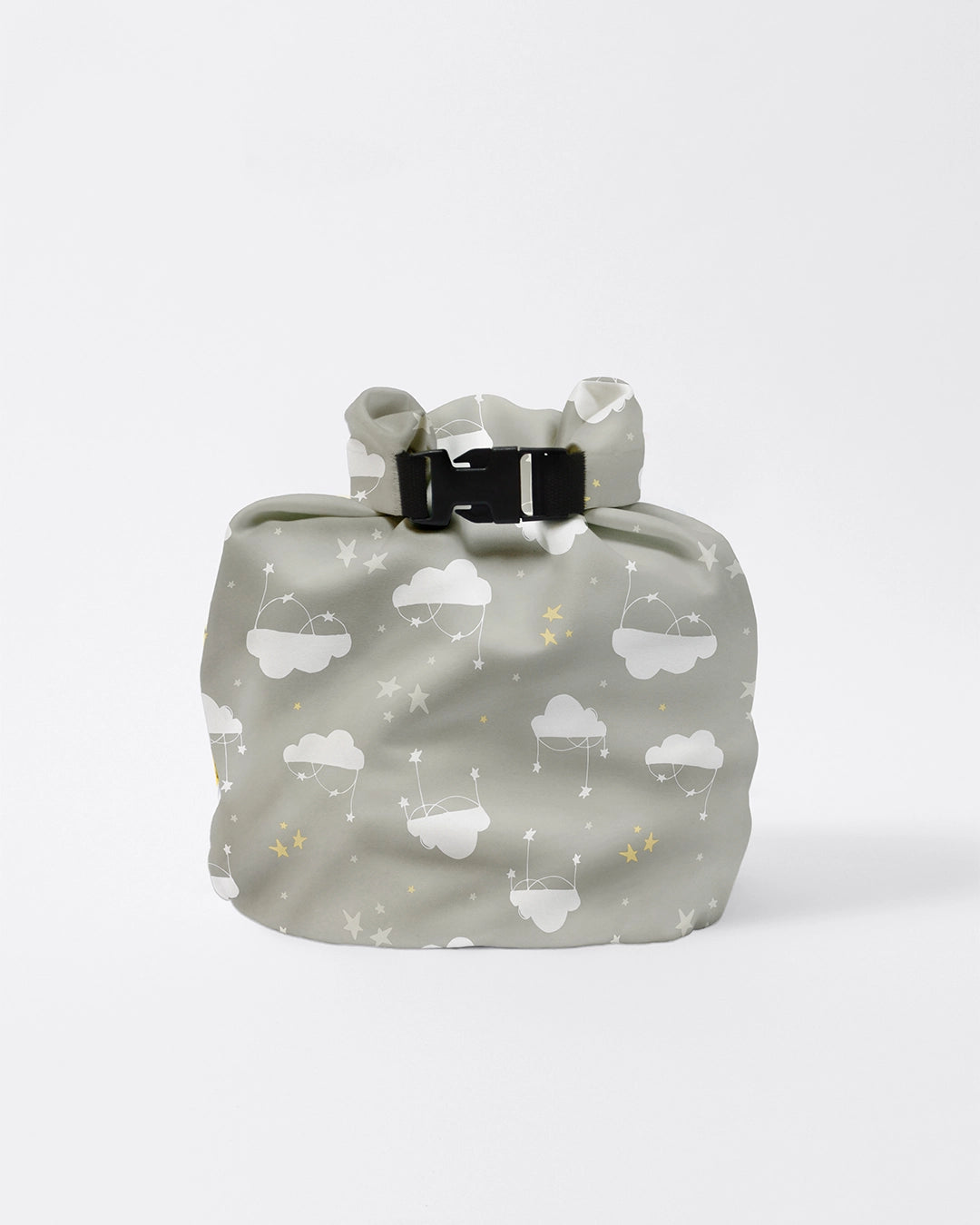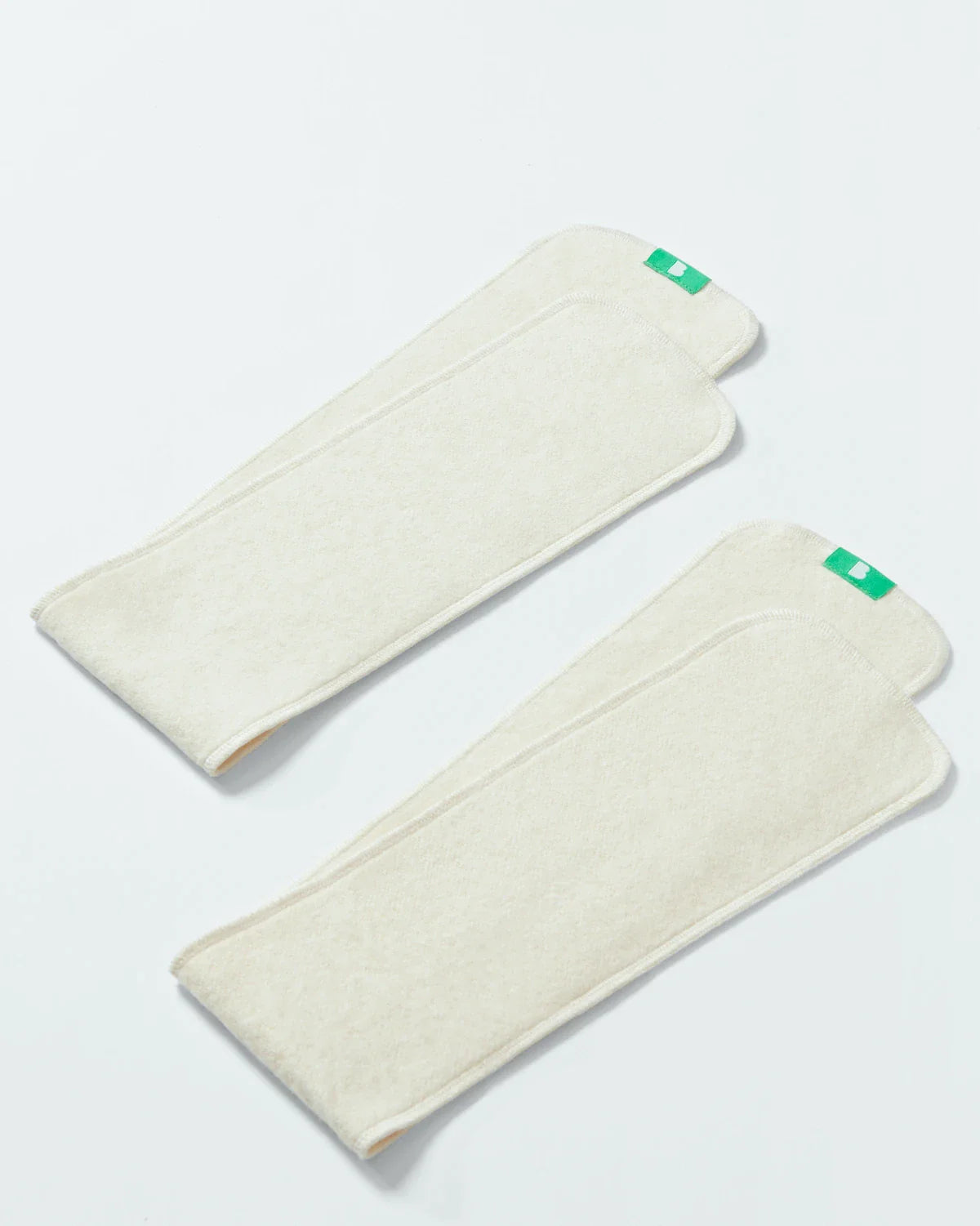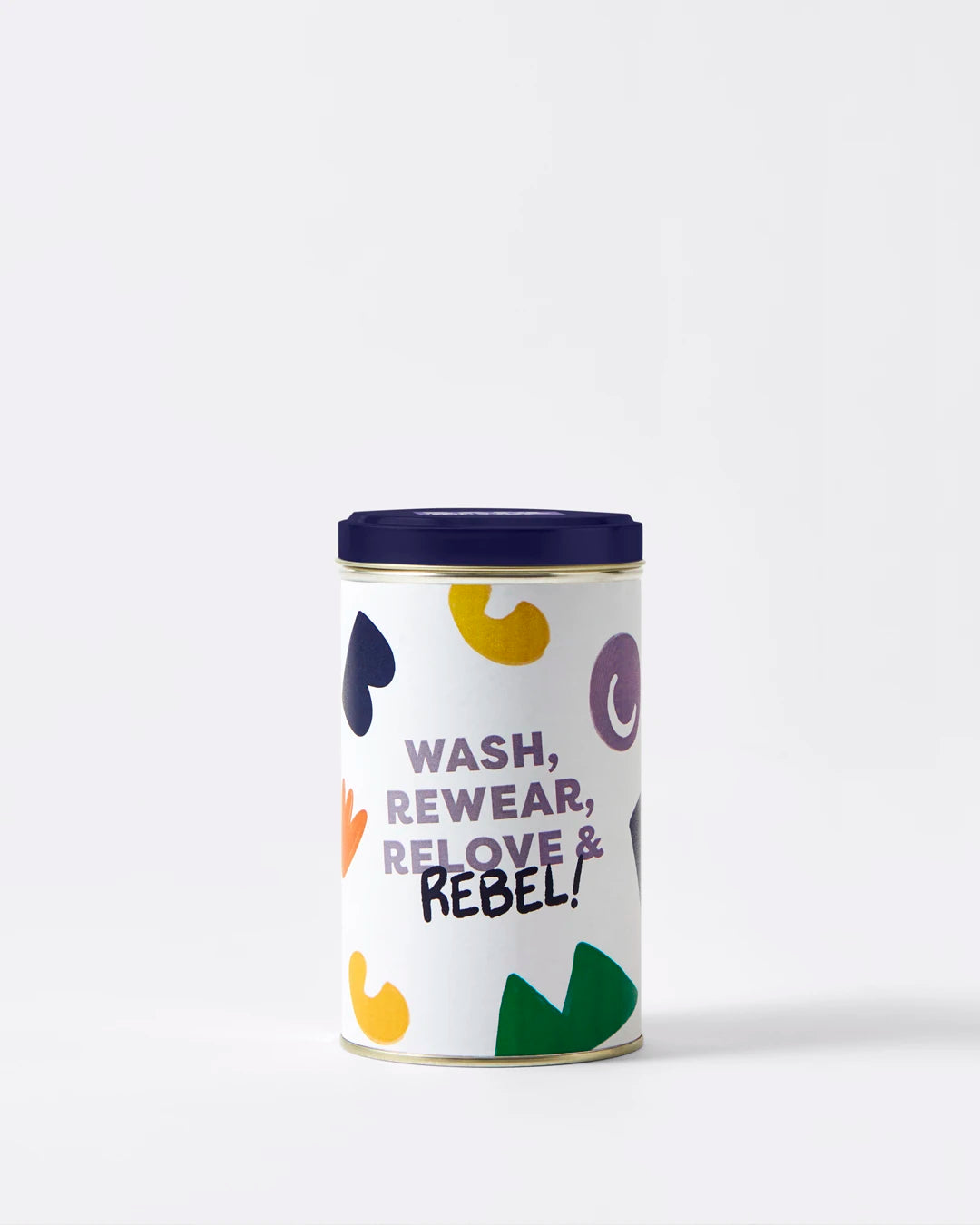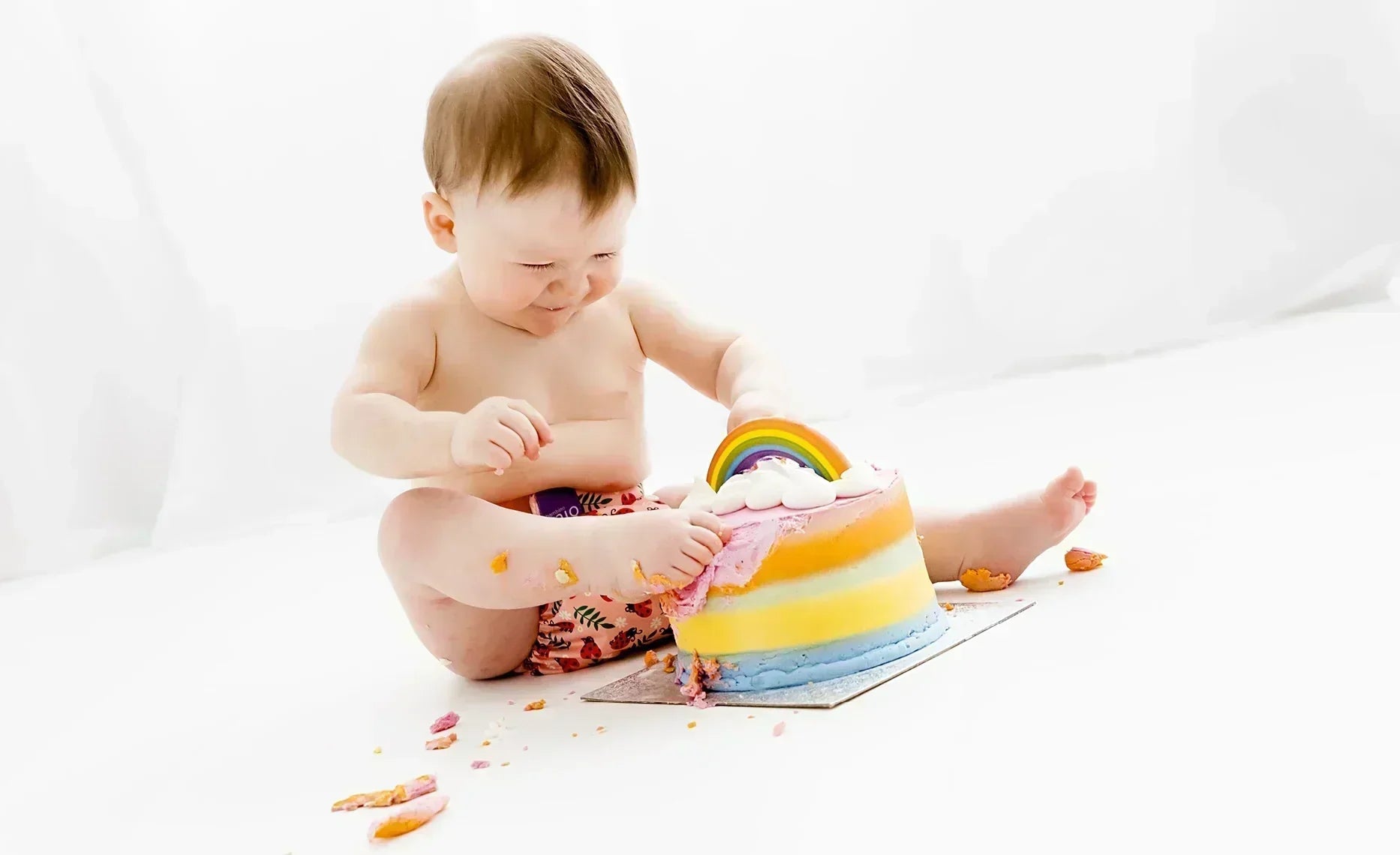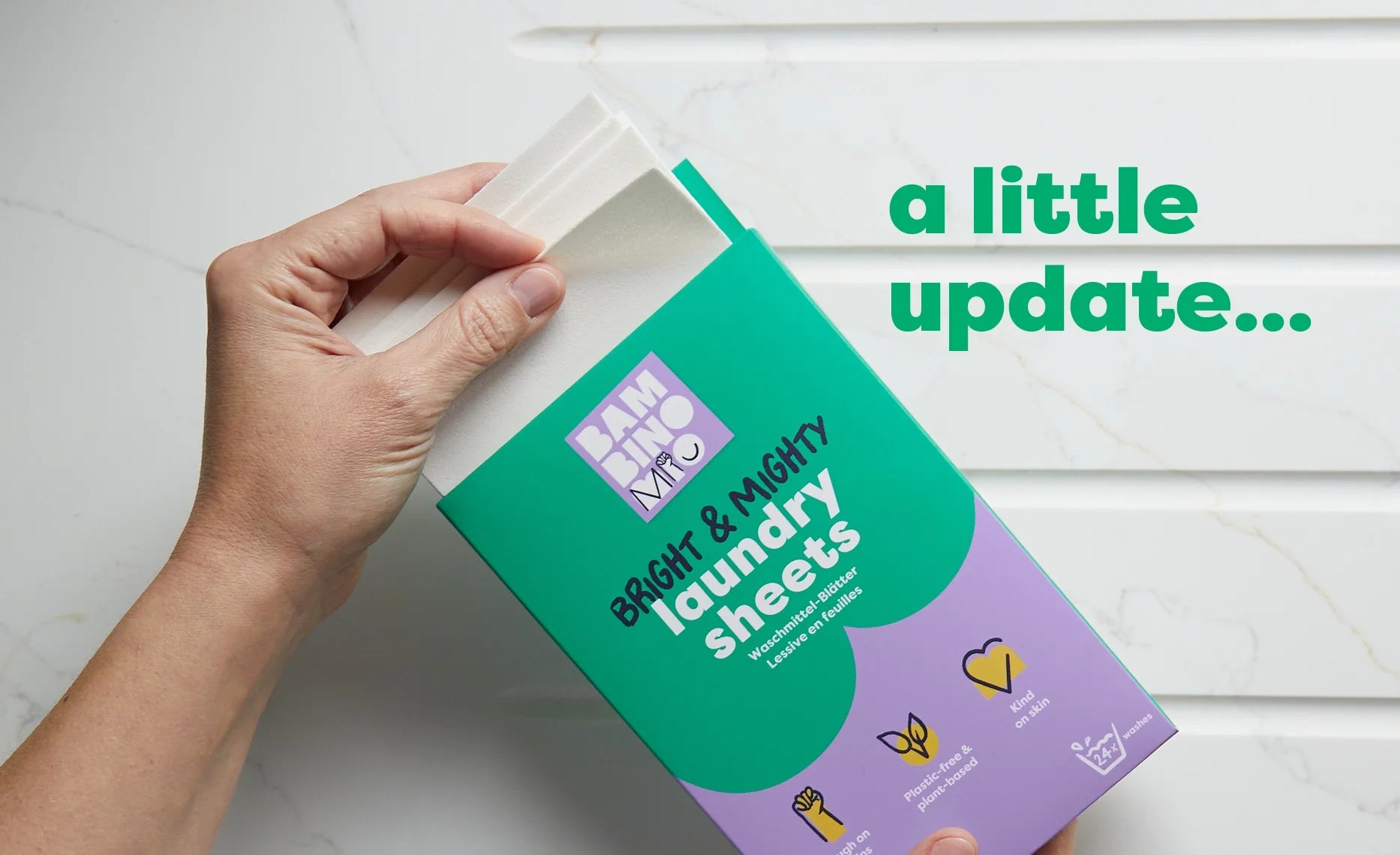Homemade Purees vs. Shop-bought Options
Share Options
- Bambino Mio
- 27 / 09 / 2023

For your attention: The nutritional information within this article is intended solely for general informational purposes. It is not to be considered as a replacement for tailored medical advice from a certified healthcare professional. It is imperative to consult with your paediatrician or a qualified medical expert before introducing new food items such as fish or nuts into your infant's dietary regimen, especially if there are pre-existing health concerns or a familial history of allergies.
Inside this Article:
When you’re weaning your baby, you may well start off with purees, even if you’re mainly following a baby-led weaning plan (1). Purees certainly still have their place in weaning, but you might wonder whether it’s best to give your baby homemade purees or shop-bought versions.
Are homemade baby purees or shop-bought purees better for my baby?
Shop-bought purees are available in jars, pouches and pots and they’re all made to a very high standard and are safe for your baby.
Pouches and jars of puree are also really handy for travelling with or for days out with your baby, but they do have some downsides, including:
- Shop-bought purees are often more expensive than homemade
- While many brands of baby puree use no (or hardly any) preservatives, it can be hard to keep track of which brand uses what and sometimes, preservatives are unavoidable
- The fruits and vegetables in shop-bought purees are heated to kill bacteria, but this process might also destroy nutrients
- Many shop-bought purees have non-recyclable plastic packaging
These are just a few of the reasons why parents might choose to use just homemade purees, but these purees also have their downsides, such as:
- The amount of time involved in making homemade purees - chopping, peeling, steaming and blending all take time
- A shorter shelf life, as homemade purees don’t contain preservatives and aren’t sealed or canned under the same conditions as shop-bought ones
- Mashing or blending food at home can lead to inconsistent textures and while this isn’t bad in itself, it could discourage your baby from eating
- Your kitchen isn’t a factory and your purees (delicious as they are) won’t get the same quality checks as shop-bought baby food does
Which is better, shop-bought or homemade purees?
There’s no hard and fast answer, as shop-bought purees are very good quality products and most brands have excellent safety records so there’s no need for concerns. You could even give your baby homemade at home and shop-bought purees when you’re out and about.
However, many parents do want to know and decide what goes into their baby’s food and this is fine, as long as the homemade baby foods are prepared safely.
Tips for making your own baby purees
Here’s how get the best out of your own purees:
- Steam or microwave your fruits and vegetables rather than boiling them as these cooking methods preserve more nutrients (2)
- Don’t add salt or sugar to the purees and, in the early days of weaning, just use one fruit or vegetable to keep things simple
- Add a small amount of water, formula or breast milk until the puree is smooth
- Transfer the puree into ice cube trays, then cover the tray and then pop the frozen cubes out and store them in a tub for easy access
- Don’t store the frozen cubes for more than a month and label the tub with the preparation date and what the puree is made from (you think you’ll remember, but you won’t always…)
- Thaw and rewarm the puree just before you’re about to serve it to your baby, don’t leave it lying around at room temperature
Citations and References
(1) National Health Service (NHS). ‘Weaning and Feeding. Your Baby’s First Solid Foods.’ 2022. Web. www.nhs.uk/conditions/baby/weaning-and-feeding/babys-first-solid-foods
(2) Healthline. ‘How Cooking Affects the Nutrient Content of Foods.’ 2019. Web. www.healthline.com/nutrition/cooking-nutrient-content






















